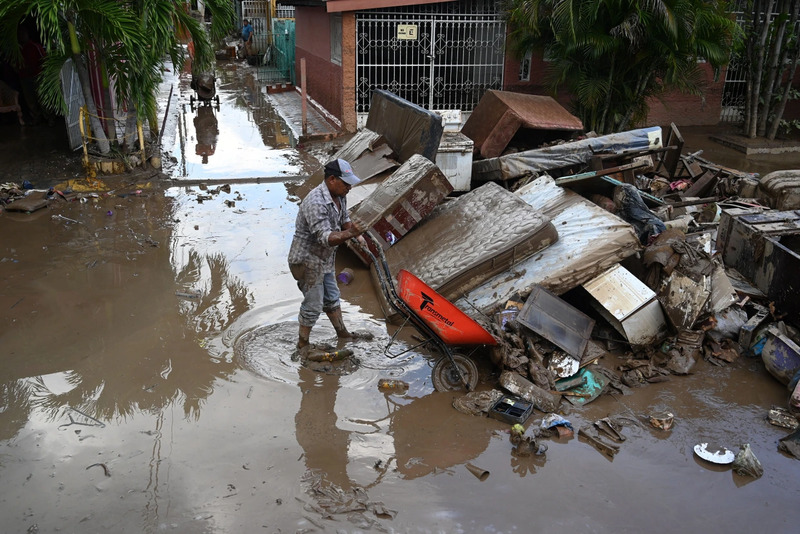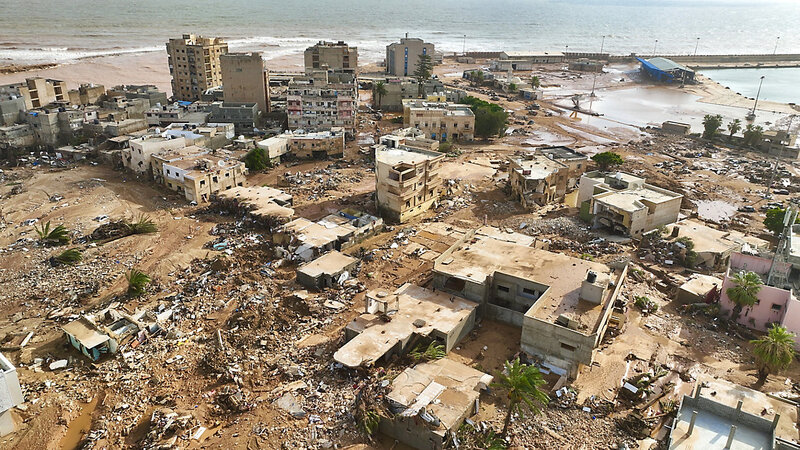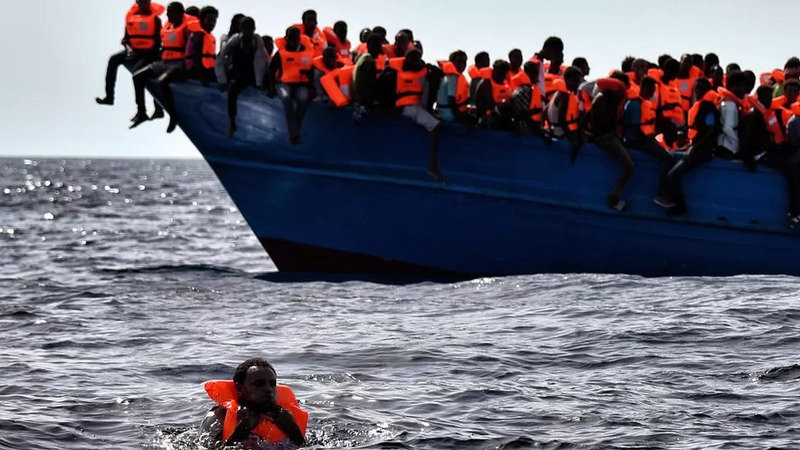Migrant Crisis
The problem of people having to leave their homes because of things like rising seas and extreme weather is connected to ocean politics. Imagine living by the sea, and suddenly, your home is at risk because the water is getting higher. This is happening more and more because of climate change. So, people must move to safer places, and that's part of the migrant crisis. Ocean politics relates to the rules and decisions countries make about the sea. When people must leave their homes, it becomes a big issue involving not just safety but also questions about how different countries should help and work together. Everyone needs to figure out the best way to handle the situation, in order to recieve the correct help that is needed. It's not just about the ocean; it's about people, their homes, and countries working together to find solutions.
Climate migrants are individuals or communities forced to relocate due to the adverse effects of climate change, such as rising sea levels, extreme weather events, and changing environmental conditions. As global temperatures continue to rise, some areas are becoming uninhabitable, leading to the displacement of vulnerable populations. The connection to ocean borders is significant, as rising sea levels and coastal erosion directly impact communities residing near coastlines. Climate-induced migration often involves crossing international borders, creating complex challenges for governance, as existing legal frameworks may not adequately address the unique circumstances of climate refugees.
The devastating flood in Derna, triggered by the Mediterranean storm Daniel, underscores the intricate connection between climate-related disasters, ocean borders, and political complexities. As rising sea levels and extreme weather events increasingly threaten coastal communities, cities like Derna face heightened risks. The collapsed dams and widespread destruction emphasize the vulnerability of coastal regions, with ocean borders serving as both a source of peril and a potential barrier to timely assistance. The divided political landscape in Libya further exacerbates the situation, impeding coordinated responses and contributing to neglected infrastructure.
The struggle to cross ocean boundaries, driven by the desire to escape their own country's political climate, creates issues between nations. This challenge is particularly evident in attempts to cross the treacherous Mediterranean Sea, further complicating matters for the United Nations. The interconnected nature of these ocean "borders" amplifies the conflict beyond the Mediterranean, involving other countries and their respective maritime challenges.


